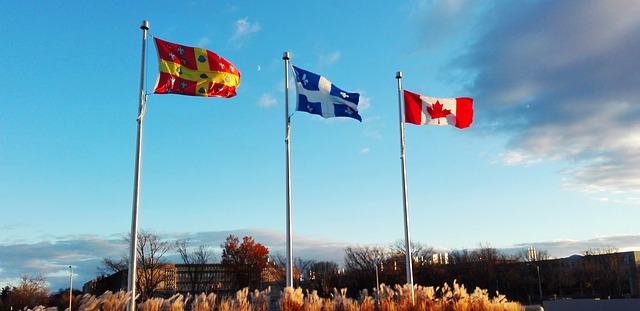The new IES will, in collaboration with the provinces, territories, associations and institutions:
• Encourage Canadian students to gain new skills through study and work abroad opportunities in key global markets, especially Asia;
• Diversify the countries from which international students come to Canada, as well as their fields, levels of study, and location of study within Canada; and
• Increase support for Canadian education sector institutions to help grow their export services and explore new opportunities abroad.
The Minister of International Trade Diversification, James Gordon Carr said in a statement “International education is an essential pillar of Canada’s long-term competitiveness. Canadians who study abroad gain exposure to new cultures and ideas, stimulating innovation and developing important cross-cultural competencies. Students from abroad who study in Canada bring those same benefits to our shores. If they choose to immigrate to Canada, they contribute to Canada’s economic success. Those who choose to return to their countries become life-long ambassadors for Canada and for Canadian values.”
The IES includes a five-year Outbound Student Mobility Pilot program which will help post-secondary students with the costs of study or work abroad. The program also focuses on supporting under-represented students (e.g., Indigenous students, students from less privileged backgrounds, students with disabilities) to develop the skills they need to succeed in an increasingly globalized and changing economy.
Immigration, Refugees and Citizenship Canada (IRCC) will also improve its online services and forms to better connect to people who seek to visit, study or work in Canada. It plans to expand the Student Direct Stream (SDS) and make it available to prospective students from more countries. The SDS enables students who submit electronic applications and meet additional up-front requirements to benefit from quicker processing times.
Canada has world- famous universities such as McGill, in Montreal, and the University of Toronto, both of which are popular with international students. To make sure that Canada will remain one of the world’s top destination for learning, the new (IES) aims to strengthen Canadian international education competitive advantage to enable students to take what they learn and use it to help create jobs.
It is hoped that IES will increase awareness of what Canada has to offer international students and will contribute to Canada’s reputation as a respected centre of international education.
























